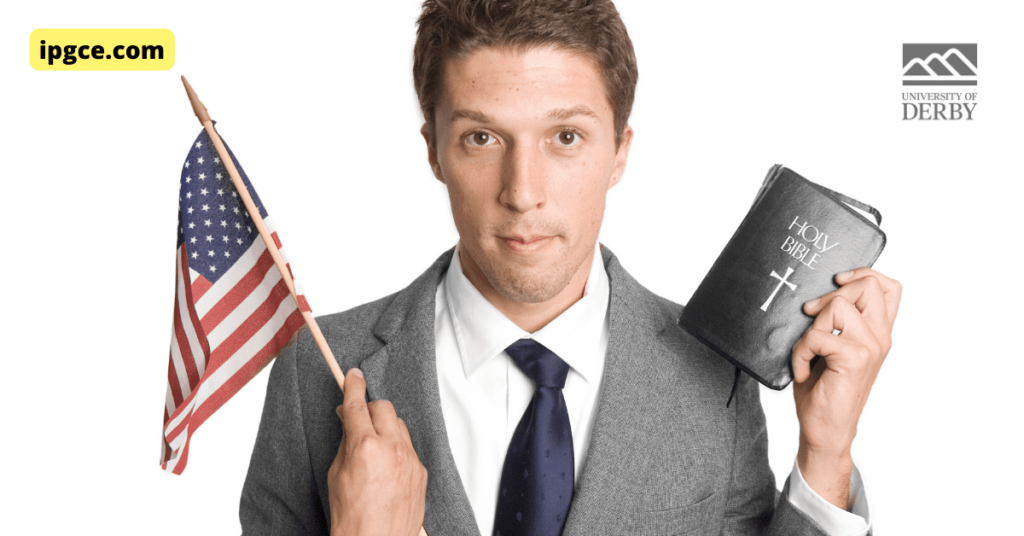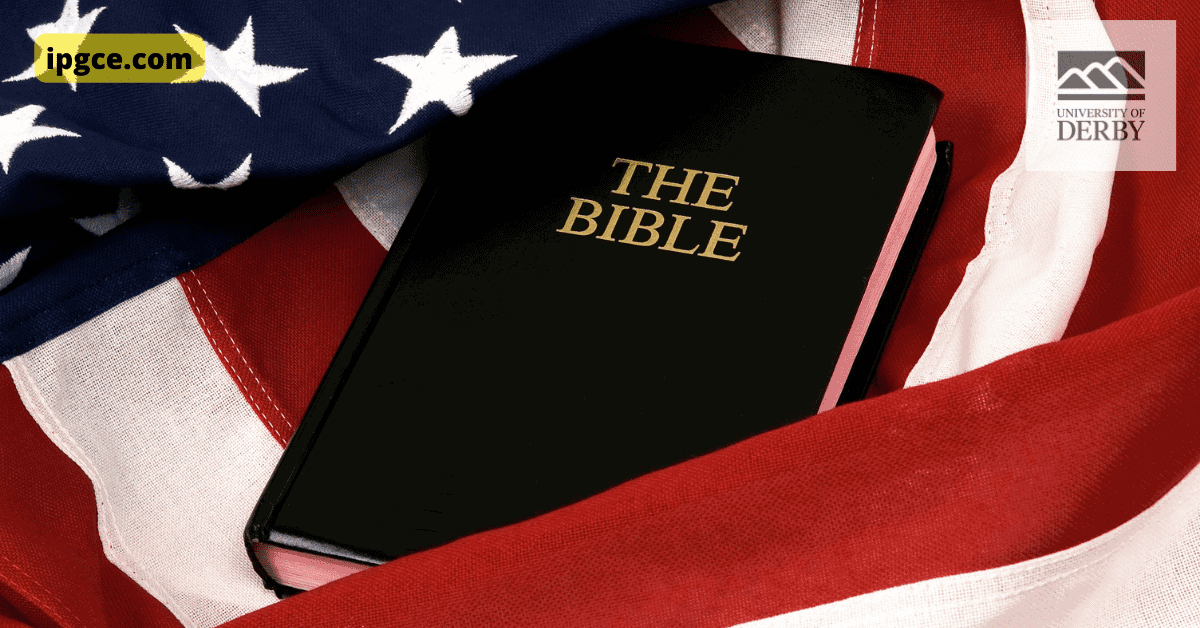Religion has been a major source of moral guidance and social cohesion in the past. But in recent decades, its influence has waned in many parts of the world. Some people believe that politics can fill the void left by religion, providing a new source of meaning and purpose.
Helen Lewis is one of them. A writer for The Atlantic, she was raised Catholic but is now an atheist. She believes that her feminist convictions play a similar role to the Catholicism of her youth. Lewis grew up in the UK during a time when “the decline of organised religion is one of the most important trends in postwar history.”
In her new BBC radio documentary, The Church of Social Justice, Lewis explores how some people are using politics to fill the void left by religion. She argues that this trend is particularly evident among young people attracted to movements like Bernie Sanders’s presidential campaign in the United States or Jeremy Corbyn’s Labour Party in the UK.
What these young people have in common, according to Lewis, is a desire for social justice. They are motivated by a sense of moral outrage at inequality and injustice. And they see politics as a way to make a difference.
Lewis believes that this trend is here to stay. “I think if we want people to own their mistakes genuinely, then you have to offer the possibility of redemption,” she says. “And I think that’s what politics can provide.”
Whether you agree with Lewis or not, her argument is interesting. It’s worth considering whether politics can indeed fill the void left by religion.
She says that politics is increasingly filling the role once played by religion, providing a new source of moral guidance and social cohesion.
Lewis acknowledges that politics can be a divisive force, but she argues that it can bring people together around shared values and common goals. She points to the rise of progressive movements like Black Lives Matter and the Women’s March as evidence that politics can be a force for good, but she also acknowledges that this trend has a dark side.
Some people use politics to justify hatred and bigotry. And the rise of populist politicians like Donald Trump and Nigel Farage in the UK has shown that politics can be exploited to stoke division and resentment.
Lewis argues that it’s important to be aware of these dangers, but she believes that the positives outweigh the negatives. “I think politics has the potential to be a very powerful force for good in the world,” she says. “And I think we should embrace that.”
What do you think? Can politics fill the void left by religion? Or is it a dangerous substitute that can be exploited to stoke division and hatred? Share your thoughts in the comments.
For more news on international education, politics, socio-economics, etc. , follow us on IPGCE and WeChat.
Meet Our Successful Graduates: Learn how our courses have propelled graduates into rewarding
careers. Explore their success stories here!
Discover More About Your Future: Interested in advancing your teaching career? Explore our
IPGCE, MA, and QTS courses today!

Explore Our Courses: Ready to take the next
step in your education journey? View our
comprehensive course offerings now!



